Alec Cowan
Producer, Soundside
About
Alec Cowan is a producer for Soundside. His interests have brought many eclectic stories to the program, and his segments gravitate toward history, technology, arts and culture, and the environment. Proud to be KUOW's unofficial "boat guy."
Prior to joining Soundside, Alec wore many hats at KUOW. He was a producer for The Record with Bill Radke and Primed seasons two and three . He also reported an episode of SoundQs detailing how prohibition forever changed Seattle policing and assisted with reporting a breakthrough cold case solved with the use of genetic genealogy.
Before joining KUOW Alec worked in NPR's Story Lab, where he helped pilot the Louder Than a Riot podcast, about hip-hop and mass incarceration, and assisted in producing a story on volunteerism in Iraq for Rough Translation. Originally from Grand Junction, Colorado, his roots in the Northwest begin in Eugene, where he studied English and philosophy at the University of Oregon and worked as a news reporter for NPR member station KLCC. He is likely neglecting his saxophone, growing book collection, and expanding personal project list in favor of boosting his online Xbox ranking.
Location: Seattle
Languages Spoken: English
Pronouns: he/him/his
Podcasts
Stories
-
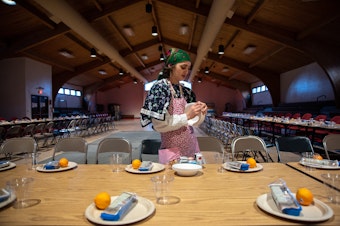
Food
Celebrating the day ‘the sun turns around’ in the Pacific Northwest
Each December, tribes throughout the Pacific Northwest mark the winter solstice with what’s known as “Indian New Year.” The festivities include a feast commemorating the shortest day of the year, the return of longer days, and, eventually, springtime harvest.
-

Technology
Tips for sorting online fact from fiction
Hoaxes, scams and bogus content are always lurking on the internet. But with a presidential election looming and social media companies pulling away from content moderation, 2024 is primed for a new level of nonsense. So how do you sort fact from fiction?
-
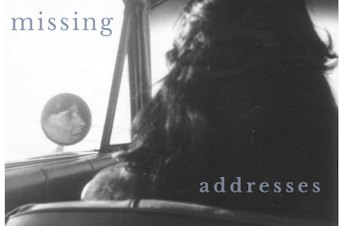
Arts & Life
Producer picks: posthumous poetry, historical searches, and spring football
-
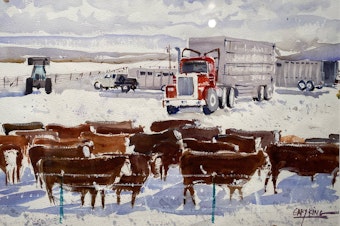
Health
Remembering 'the cow that stole Christmas,' 20 years later
Twenty years ago, on Dec. 23, panic descended on Central Washington and the nation’s cattle industry over a single cow. Today, many locals in Mabton know this event as, "the cow that stole Christmas."
-
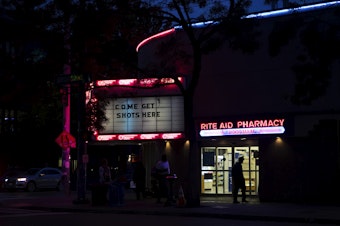
Health
More urban pharmacies are disappearing. What's driving the closures?
In 2020, chairman George D. Bartell said the sale of his 130-year-old family company was the only option. Regional operators like Bartell Drugs just couldn’t compete in the pharmacy business anymore. But now, after acquiring Bartell, Rite Aid itself is in a deep hole. Since the acquisition, Rite Aid has closed 21 of 68 Bartell locations, along with some of its own stores. So why are pharmacies struggling to stay afloat?
-
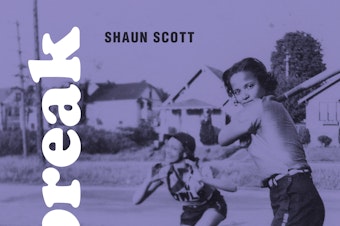
Politics
In 'Heartbreak City,' Seattle sports are a product of its politics — and vice versa
For many, the spheres of sports and politics are totally separate arenas: one is a fun and low-stakes pastime, the other is a struggle for real-world power. But in his new book, “Heartbreak City: Seattle Sports and the Unmet Promise of Urban Progress,” author Shaun Scott makes the case that sports and politics have more in common than meets the eye. Going back to the city’s early roots, "Heartbreak City" traces the stories of athletes and activists who made Seattle an athletic and political powerhouse.
-

Business
Online retailer Zulily announces it's suing Amazon, claiming anti-competitive practices
This week, Seattle-based online retailer Zulily announced it’s going out of business. The news comes after the company’s owners said last week that there would be massive layoffs. In a new lawsuit, Zulily says part of the reason for its downfall is Amazon.
-

Arts & Life
Mushrooms are abundant in Puget Sound. Here's how to forage them ethically
Puget Sound mushroom clubs are proud to be some of the biggest in the country. Our rainy climate helps a wide variety of fungi thrive in the wild, and the enthusiasts who collect them help the knowledge of fungi spread like spores on your fridge’s leftovers. But picking mushrooms isn't a no-impact activity — so how can you forage like the pros?
-
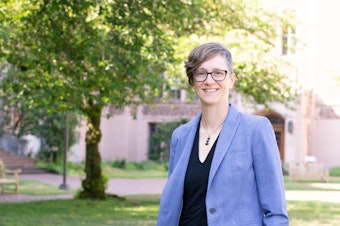
Government
How the fight to stop election misinformation morphed into a free speech battle
Since the 2020 election, conservative lawmakers and staffers have led a campaign against mis- and dis-information researchers like Kate Starbird, the director and co-founder of the University of Washington's Center for an Informed Public, arguing that the researchers are attempting to censor them, thus violating the First Amendment. But that argument itself would be misinformation, according to Starbird.
-
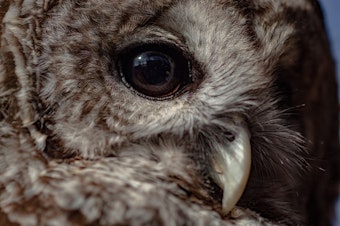
Environment
Why the feds want to cull barred owls in the Pacific Northwest
In an effort to protect the native northern spotted owl, U.S. Fish and Wildlife officials announced 500,000 barred owls need to be culled throughout the Pacific Northwest over the next 30 years. But some conservationists worry the effort might be too late.
